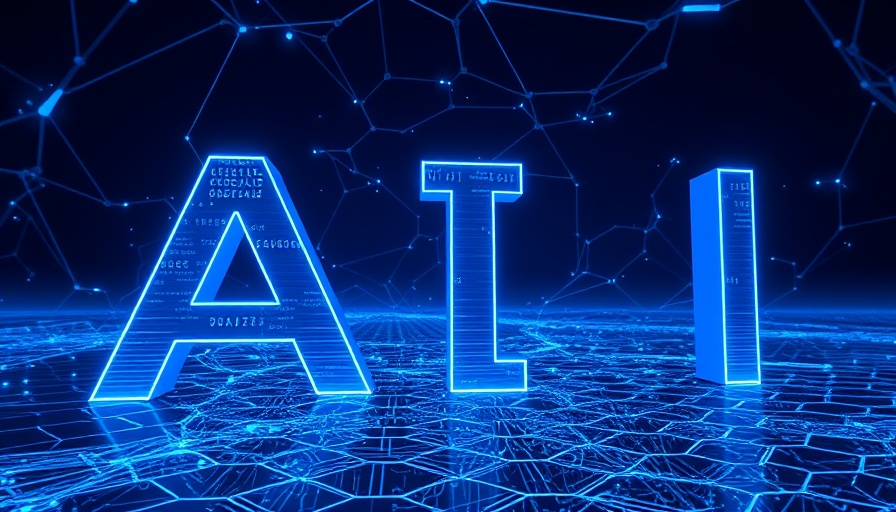
The Emergence of Agents and MCP in AI
The recent announcement by OpenAI adopting the Model Context Protocol (MCP) from rival Anthropic marks a pivotal moment in the evolving landscape of artificial intelligence. Agents, AI systems capable of performing complex tasks and responding to user instructions, are becoming increasingly prominent. The MCP, an open-source standard, enables seamless communication between various data systems and AI models, which is critical for developing effective Agents. This connectivity not only streamlines operations for AI developers but also enhances the efficacy of AI assistants in real-world applications.
Understanding Model Context Protocol (MCP)
MCP offers a revolutionary solution to one of AI's longstanding challenges: isolation from the live data it needs to function optimally. By standardizing how AI agents interact with diverse software and data repositories, MCP simplifies the integration process. As noted by Mike Krieger, Chief Product Officer at Anthropic, not only has MCP become a ‘thriving open standard,’ but it has also gained traction among various companies like Block and Apollo, showcasing its versatility and broad use case. This growing adoption is crucial for enterprise users, who can now leverage AI tools without the headache of custom connectors for each system.
The Competitive Shift in the AI Landscape
The collaboration between OpenAI and Anthropic signifies a shift in corporate behavior within the AI industry. Companies that were once staunch competitors are now recognizing the benefits of open standards to foster innovation and drive growth. As businesses seek to integrate AI into their operations, they are likely to prefer solutions that facilitate efficiency and provide a unified approach, which MCP promises to deliver.
The Future of AI Agents: Implications and Opportunities
What does the future hold for AI Agents now that MCP has been adopted by major industry players? As more companies integrate this standard, we can anticipate an influx of AI-driven solutions tailored to specific business needs. The potential applications stretch beyond mere assistance; they offer new pathways to enhance productivity, customer service, and even complex decision-making processes. With the backing of giants like OpenAI, the impact of MCP in elevating AI performance cannot be understated.
Addressing Concerns Around Data Privacy and Security
While the integration of MCP provides many advantages, it also raises concerns, particularly around data privacy and security. Allowing AI Agents to access personal and sensitive data directly could pose risks if proper safeguards are not implemented. For developers, this highlights the importance of stringent data governance and security measures to protect user information while utilizing MCP. Understanding these risks will be essential in shaping policies that govern AI use as it becomes more integrated into business models.
What AI Enthusiasts Should Know About Current Trends
For AI enthusiasts, staying updated with trends like the adoption of MCP is crucial. It signifies a move towards collaborative innovation that may redefine how one interacts with AI technology in daily operations. The concept of Agents becoming central in this narrative is not just a theoretical exercise; it reflects a real shift that could change the landscape of technology. Paying attention to how these tools develop and are utilized will help enthusiasts better understand and engage with future innovations.
As the conversation around AI continues to evolve with contributions from leading firms, participating in discussions and exploring the newly formed standards like MCP will provide valuable insights. Engage, debate, and share thoughts within the community as we advance into this exciting frontier of technology.
 Add Row
Add Row  Add
Add 




 Add Row
Add Row  Add
Add 

Write A Comment